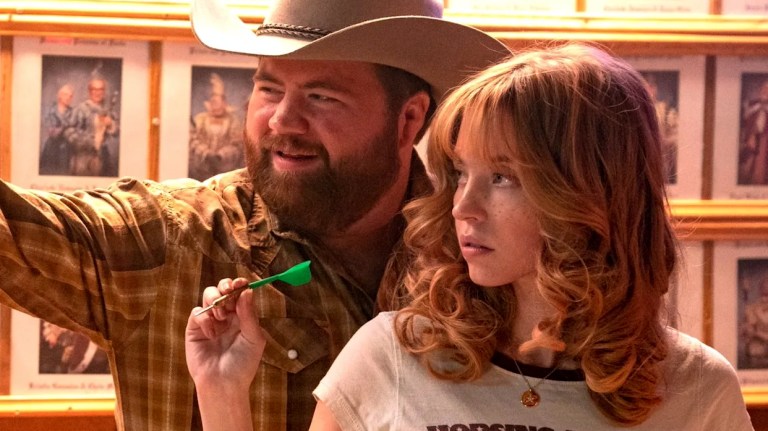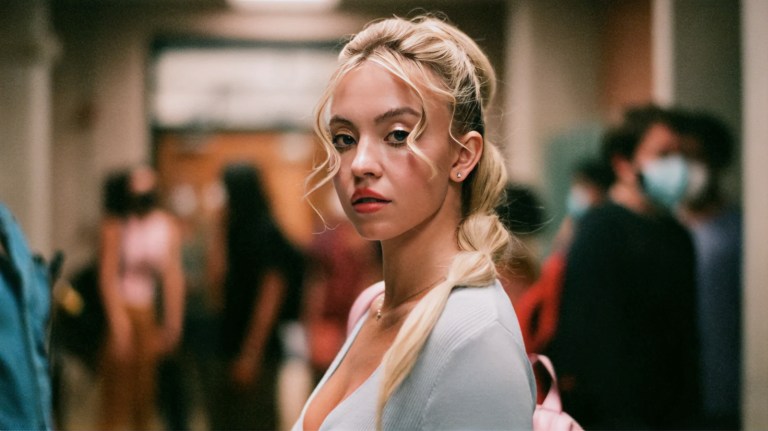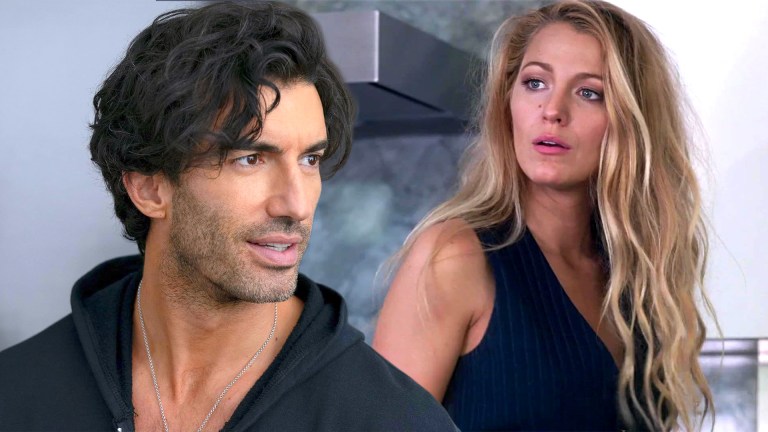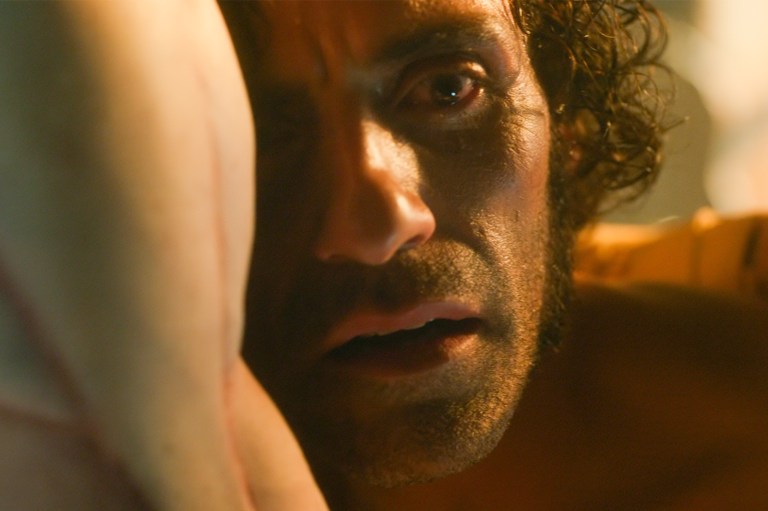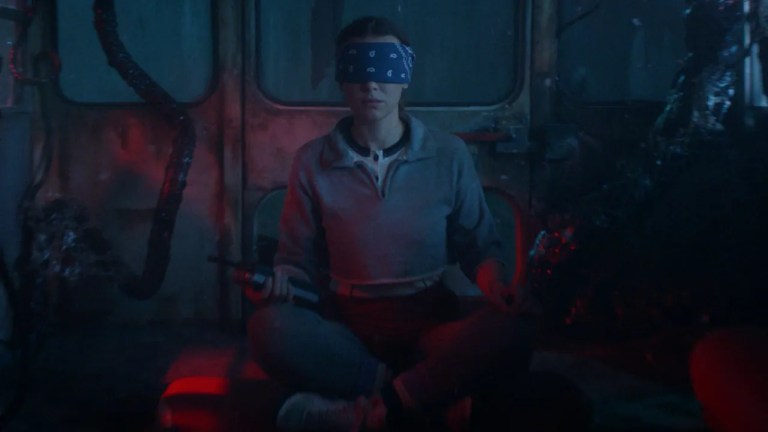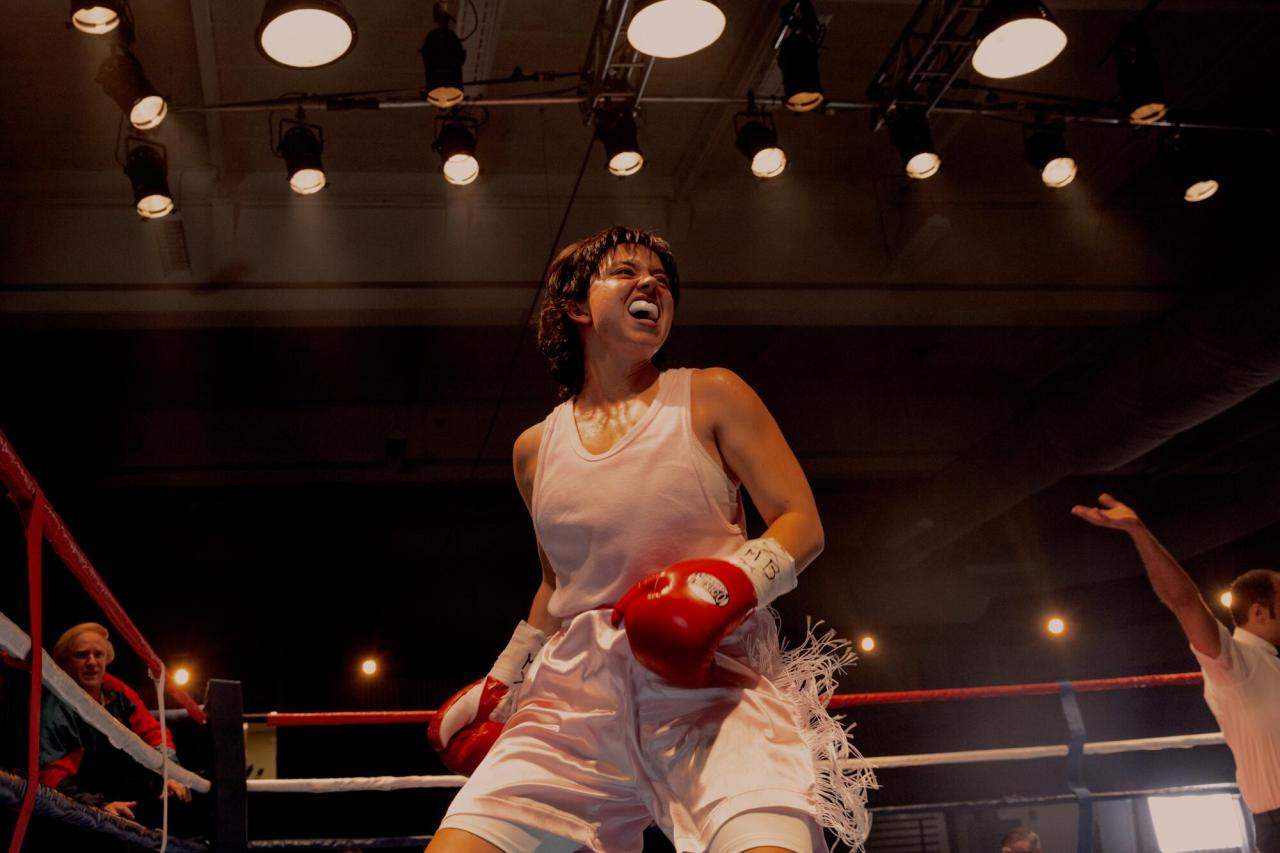
We Gave Sydney Sweeney’s 2025 Box Office Flops A Fair Shot – Here’s The Honest Reviews Viewers Are Searching For
By Erin Whitten
No one needs to tell you the movies weren’t the problem – it was the consequences of her own behavior. By the time Sydney Sweeney’s 2025 slate had arrived, social media had exploded over a series of events, interviews, and public decisions that fans had taken as wildly tone-deaf. The outcome was swift: callouts, accusations, and reams of comment threads painting her in the ugliest possible light. Whether she warranted the backlash or the algorithm simply found a narrative did not matter; the perception was there. We all know once that stain takes hold, it takes root quickly and buries the movies long before viewers purchase a ticket. So we set aside the noise, revisited everything with fresh eyes, and created the fairest ranking possible.
Christy
Approached as “art”, Christy doesn’t give you much. Approached as awards-season bait, it gives you everything. It’s a full-tilt-about-spin transformational story rooted in nothing but willpower. Sydney Sweeney commits hard to Martin’s contradictions: the tiny kid who masked bruises with bravado smiles, the breakthrough boxer who had no clue she was becoming a brand, the world champion trapped in a loveless cage masquerading as a marriage. Christy storms through two decades of career high points with a breathless, montage-addled rhythm: Short fights. Short wins. Short headlines. Shorter montages. Shorter time jumps. There’s material here for a bonkers miniseries packed into one go, it’s a sprint through snapshots rather than a life well and truly lived.
David Michôd keeps things watchable, but the film plays by the most conventional of genre rules. We get the money-grubbing trainer, the culture clash of a woman stepping into a man’s world, the name-brand promoters, the burnouts, the betrayals, and the comeback that only happens after everything comes crashing down around Christy. It’s workmanlike, but it’s rarely surprising. Foster, in suitably cretinous mode as Jim Martin, is the embodiment of the system that betrayed Christy just as much as the man who abused her, but the movie can’t help flattening him into a stock villain rather than interrogating the power dynamics that made him so toxic. The freedom and rediscovery of Christy’s third act come far too abruptly, and some of the movie’s most intriguing relationships, including the electric chemistry between Christy and fellow fighter Lisa Holewyne, don’t have room to breathe. Despite rushed pacing and uneven storytelling, Sweeney’s screen-scarring ferocity keeps the film from going down. She’s the throughline that connects Christy, even when the movie around her doesn’t quite hit the punch it’s going for.
Echo Valley
Echo Valley is a lived-in psychological thriller, but the true force here is the brittle energy between two stars. Julianne Moore and Sydney Sweeney invest a lot more juice into Echo Valley than its story can earn back. Moore is Kate Garretson, a Pennsylvania horse trainer still re-learning how to stand straight following the sudden death of her partner, while still getting by after her daughter Claire (Sweeney), a drug addict and hazard-magnet who only comes home when she needs money, arrives covered in blood and a dead body in the backseat. The choices Kate makes over the next couple of days — spurred less by logic than an all-consuming, parental love aren’t so much calculated as reactive as Kate is thrust into damage control while Claire is stirring up a bigger, uglier hornets’ nest… Jackie, the local dealer who wants a new stash as payment for the drugs Claire ruined.
The surprises are frequent (some more gripping than others) but Pearce works best when he simply lets his two leads breathe on-screen. Moore is a study in knackered, marrow-deep protectiveness while Sweeney slips between scared child and calculating hurricane with a fluidity that’s borderline disturbing, the electricity between them an effective counterbalance to the broader criminal narrative, which comes to feel a bit like an out-of-control 1990s woman-in-peril thriller with its increasing stockpile of contrivances. Echo Valley isn’t perfect, sometimes buckling under its own melodrama, but when it counts it’s more than enough to keep your eyes on screen.
Eden
Ron Howard’s Eden looks at a small group of Europeans in 1929 that decide they’ve had enough of society and relocate to a deserted island of Floreana in the Galápagos. The first two are Dr. Friedrich Ritter and his partner Dore Strauch, who want to make a Utopia and send self-congratulatory postcards about it back to the “old world”. They end up having their peace interrupted when a married couple, Heinz and Margret Wittmer with Heinz’s ailing child, arrive and move into an abandoned building next door. Friedrich and Dore obviously don’t want them there, but they put up with them because they have no choice; they’re on the same island, after all. Friedrich’s and Dore’s newfound peace is shattered when a German Baroness Eloise Bosquet de Wagner Wehrhorn, with two male lovers and a servant in tow, arrives and proceeds to immediately claim the island as hers and starts proclaiming her plans to build a five-star hotel that she has no resources to create.
Consuming the other inhabitants’ supplies at a tremendous rate, causing strife between everyone, and telling anyone who will listen how the others are only there to serve her, it’s only a matter of time before the supply dwindles and tempers flare, with each group sabotaging the other, spying on one another, and secretly plotting against the Baroness, or whoever else turns out to be an impediment. In comes an intricate sequence of paranoia, vanishings, and reprisals as each character attempts to outwit everyone else and gain the advantage; friendships shift and quickly dissolve, loyalties are formed and then broken, people break under the pressure, and the island no longer is a “fresh start” but more of a slow-motion train wreck as it becomes a contest of who can lie the best, manipulate the most, and snap the least. Almost no one gets what they came for by the end, and Floreana is no longer a paradise, but a place where the worst of humanity triumphs.
